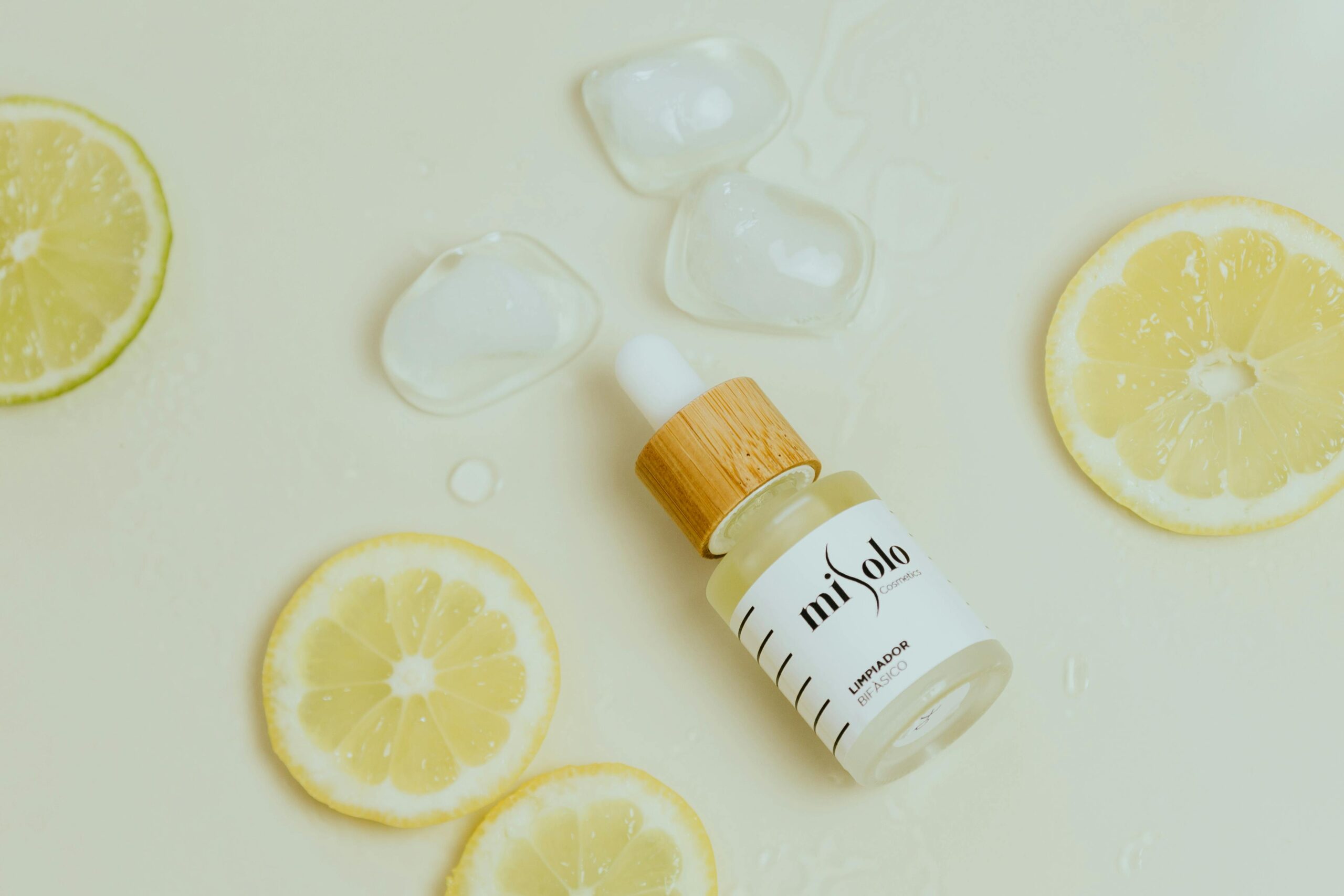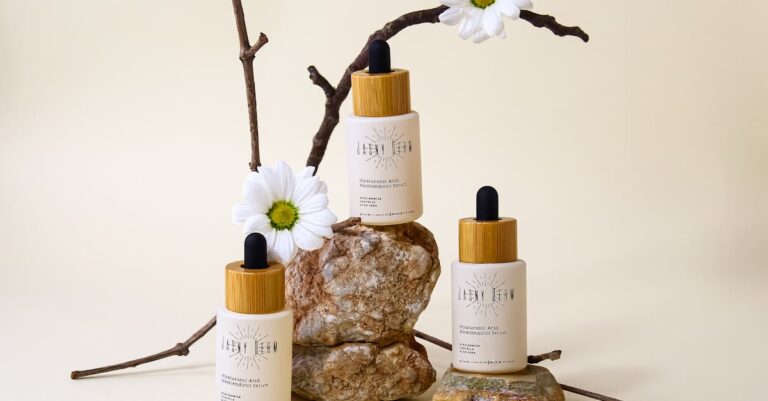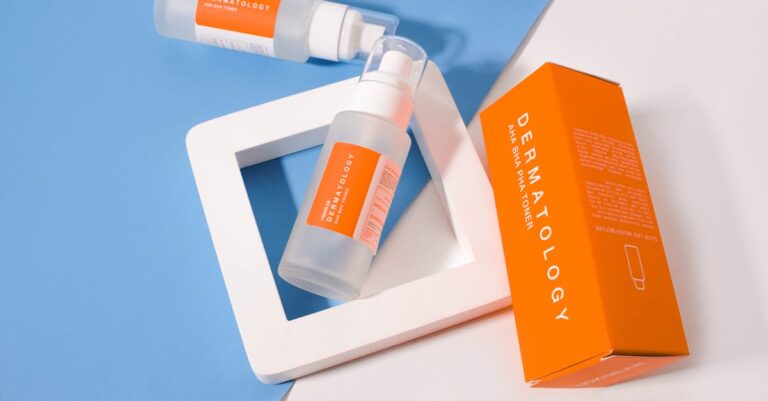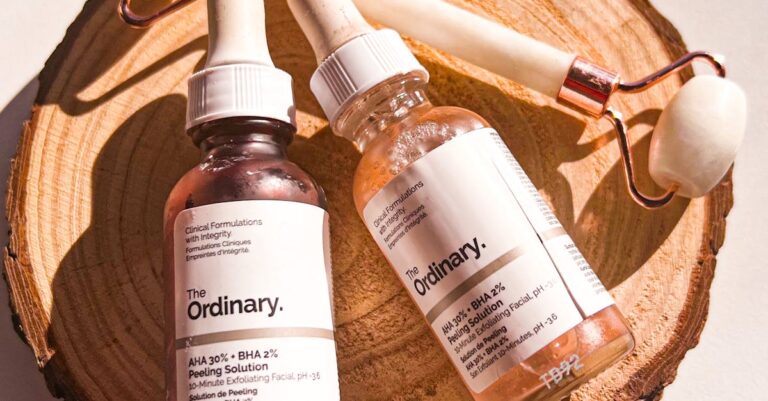Vitamin C is a powerhouse antioxidant that brightens skin, evens out tone, and fights free radical damage. But with so many Vitamin C serums on the market, choosing the right one can be overwhelming. In this guide, we’ll break down how to pick the best Vitamin C serum for your skin type and concerns.
Why Use a Vitamin C Serum?
Vitamin C is a must-have in any skincare routine because it:
✔ Brightens dull skin and boosts radiance
✔ Fades dark spots and hyperpigmentation
✔ Provides antioxidant protection against pollution and UV damage
✔ Stimulates collagen production to reduce fine lines and wrinkles
✔ Improves overall skin texture and hydration
Key Factors to Consider When Choosing a Vitamin C Serum
1. Choose the Right Form of Vitamin C
Not all Vitamin C serums use the same type of Vitamin C. Some are more stable and effective than others.
- L-Ascorbic Acid: The most potent and well-researched form but can be unstable and irritating for sensitive skin.
- Sodium Ascorbyl Phosphate: A gentler, more stable derivative suitable for acne-prone and sensitive skin.
- Magnesium Ascorbyl Phosphate: A hydrating, non-irritating form that brightens skin.
- Tetrahexyldecyl Ascorbate: An oil-soluble Vitamin C derivative that penetrates deeply and works well for dry or mature skin.
2. Check the Concentration Level
- 5-10%: Ideal for beginners or those with sensitive skin.
- 10-20%: Best for most skin types, providing noticeable brightening and anti-aging benefits.
- 20%+: High potency but can be irritating for some skin types.
3. Look for Supporting Ingredients
Vitamin C works best when combined with complementary ingredients:
✔ Vitamin E & Ferulic Acid – Enhance stability and boost antioxidant power.
✔ Hyaluronic Acid – Provides hydration and prevents dryness.
✔ Niacinamide – Helps with brightening and reducing inflammation (but use cautiously if your skin is sensitive).
✔ Peptides – Support collagen production and skin repair.
4. Consider Your Skin Type
| Skin Type | Best Vitamin C Type | Other Ingredients to Look For |
| Oily/Acne-Prone | Sodium Ascorbyl Phosphate | Niacinamide, Salicylic Acid |
| Dry Skin | Tetrahexyldecyl Ascorbate | Hyaluronic Acid, Ceramides |
| Sensitive Skin | Magnesium Ascorbyl Phosphate | Aloe Vera, Centella Asiatica |
| Combination Skin | L-Ascorbic Acid (low %) | Vitamin E, Ferulic Acid |
| Mature Skin | Tetrahexyldecyl Ascorbate | Peptides, Retinol |
5. Packaging Matters
Vitamin C is highly unstable and can degrade when exposed to light and air. Look for:
- Dark or opaque bottles to protect from light exposure.
- Airtight pumps instead of dropper bottles to minimize oxidation.
- Proper storage – Keep it in a cool, dark place (some formulas may require refrigeration).
How to Use a Vitamin C Serum
✔ Apply in the morning after cleansing and before moisturizer.
✔ Use 2-4 drops and gently press into the skin.
✔ Always follow with sunscreen (SPF 30+) since Vitamin C can make skin more sensitive to sunlight.
✔ If using with other active ingredients like retinol, apply Vitamin C in the morning and retinol at night.
Common Mistakes to Avoid
❌ Using expired or oxidized Vitamin C – If it turns dark orange or brown, it’s no longer effective.
❌ Applying too much – A few drops are enough to cover the entire face.
❌ Skipping sunscreen – Vitamin C enhances UV protection but doesn’t replace SPF.
❌ Mixing with incompatible ingredients – Avoid using with benzoyl peroxide and highly active exfoliants at the same time.
Final Thoughts
Choosing the right Vitamin C serum comes down to your skin type, formulation, and ingredient compatibility. Whether you’re looking for brightening, anti-aging, or acne-fighting benefits, there’s a Vitamin C serum for you. Start with a lower concentration if you’re new to Vitamin C and always prioritize stable packaging to maintain effectiveness.
Have you found your perfect Vitamin C serum? Share your experience in the comments!




